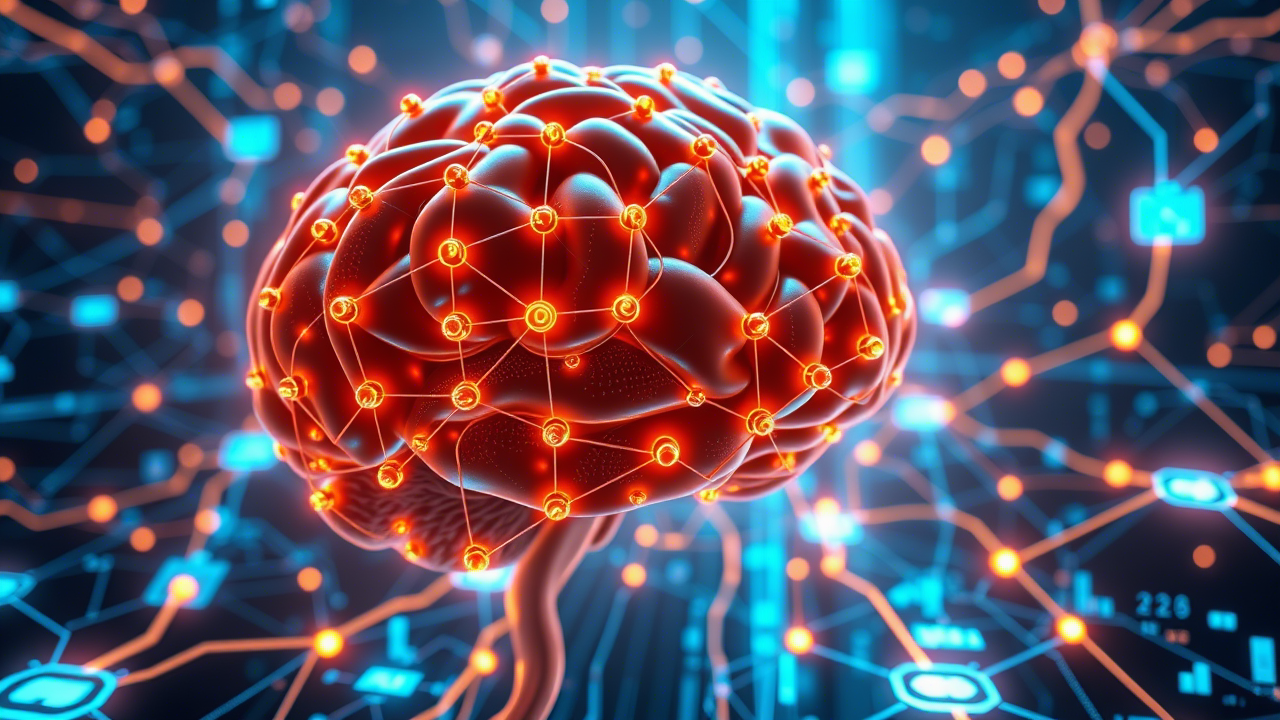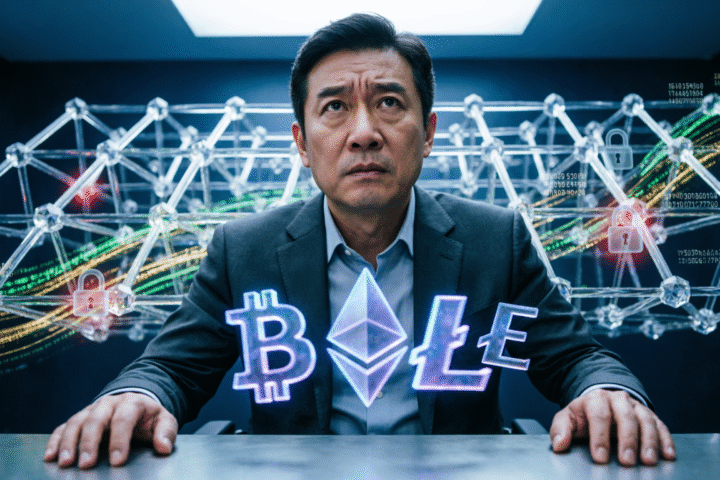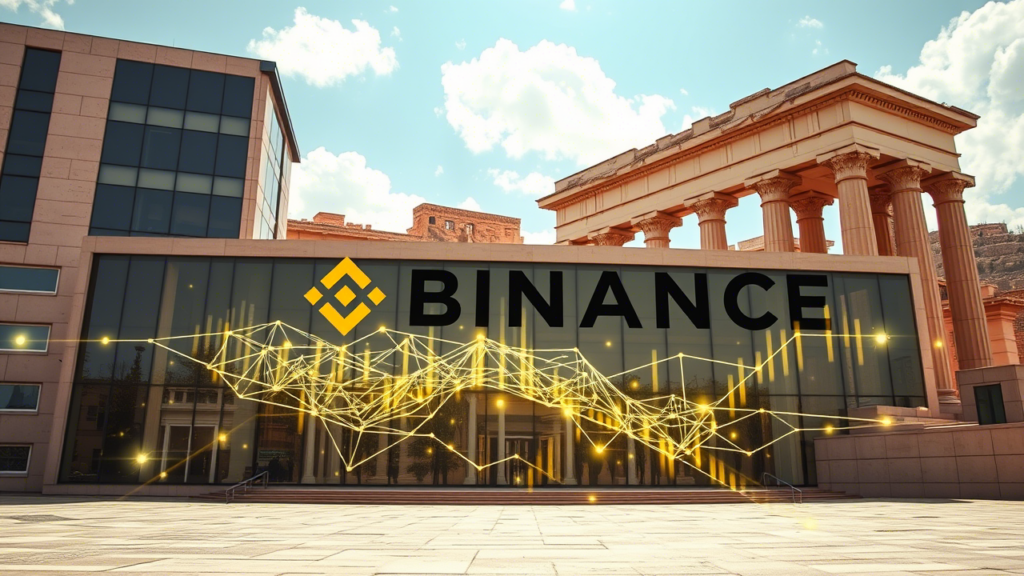Ever felt the frustration of a deal bogged down by endless paperwork, phone calls, or costly middlemen? Traditional agreements, from big business deals to simple online purchases, often bring hidden friction, delays, and a reliance on others to ensure things go smoothly. But what if agreements could enforce themselves, automatically? That’s where smart contracts come in.
Imagine a digital agreement that lives on a secure, public record called a blockchain. Unlike paper contracts, smart contracts are self-executing: when certain conditions are met, the deal automatically carries out its terms, no human needed, and no one can tamper with it once it’s active. It’s like a reliable digital vending machine for deals, ensuring perfect, predictable execution every time.
This isn’t just a tech trend; it’s a fundamental reshaping of how we establish trust and achieve automation. Smart contracts are quietly becoming the unseen pillars of tomorrow’s digital economy, streamlining everything from finance to logistics. In this article, wе’ll focus on these core, enduring principles and the lasting changes smart contracts bring, showing you why they’re a permanent upgrade to how business gets done.
Principle 1: Reinventing Trust – From Middlemen to Unbreakable Code
Ever wonder why so many deals involve a middleman? Lawyers, banks, brokers – we pay them to be trusted referees. But what if the system itself could handle the trust? That’s the core magic of smart contracts: they remove the need for blind faith in any single person or organization, ushering in true trustlessness.
How do they pull this off?
- Immutability: Set in Digital Stone. Once a smart contract is written and placed on the blockchain, it’s permanent. No one can change, delete, or tamper with its terms, ensuring ironclad certainty.
- Transparency: Open Book. The contract’s code is public, allowing anyone to inspect it. This openness promotes accountability and ensures it does exactly what it’s supposed to do, with no hidden tricks.
- Verifiability: Predictable Outcomes. Because the code is transparent and immutable, the contract’s outcomes are completely predictable. If the conditions are met, it will execute precisely as programmed, every time.
This design dramatically reduces “counterparty risk” – the worry that someone won’t uphold their end. The code, not a fallible human, enforces the agreement, minimizing fraud and error. Plus, smart contracts boast enhanced security, protected by the same cryptography that secures the blockchain, making them incredibly resilient.
Real-World Trust in Action (Examples):
- Automated Escrow: Funds held by the smart contract, released automatically when conditions are met.
- Verifiable Digital Identity: Certifications instantly verifiable and impossible to fake.
- Transparent Supply Chains: Every step of a product’s journey recorded, building unbreakable trust in its origin.
By making trust a matter of cryptographic certainty, smart contracts fundamentally reshape how we interact. Next, we’ll see how this power unlocks incredible automation!
Principle 2: Unleashing Automation – Efficiency Through Self-Execution
So, we’ve talked about how smart contracts build unbreakable trust. Now, let’s talk about their second superpower: automation! If the first principle was about who you need to trust (answer: no one, just code!), this one is about how quickly and effortlessly things get done.
At its heart, automation in smart contracts means agreements that aren’t just trustworthy, but also self-executing. Imagine setting up a series of instructions where, once certain conditions are met, the next step happens automatically, like clockwork. No waiting for someone to click a button, sign a paper, or send a fax. It’s like flipping a switch that instantly triggers a whole chain of events exactly as planned.
Related: Binance Founder Zhao Says Lack of Privacy Hampers Crypto Payments Growth
This automatic execution isn’t just cool; it unlocks some seriously impressive gains in efficiency:
- Streamlined Processes: Bye-Bye Busywork! Remember all that paperwork, those approval queues, and manual data entry? Smart contracts sweep much оf that away. By automating steps, they cut down on administrative overhead and reduce the chance of human error, freeing up time and resources for more creative (or less tedious!) tasks.
- Accelerated Transactions: Speed of Light Deals! With automation, agreements can settle almost instantly. No more waiting days for banks to clear funds or for legal documents to be physically moved and stamped. From instant payments to rapid asset transfers, smart contracts inject a jolt of speed into virtually any transaction.
- Cost Reduction: Ditching the Middleman Tax! Since many steps are automated and intermediaries are often removed, the operational costs associated with traditional agreements can plummet. Fewer people, less paper, faster processes – it all adds up to significant savings.
Crafting Smart Workflows
While the core idea is “if X happens, then Y occurs,” smart contracts can handle incredibly complex “if-then-else-unless” scenarios. They’re not just simple switches; they can be entire automated workflows designed to manage intricate conditions.
- Parametric Insurance: Imagine an insurance policy for farmers that automatically pays out if a pre-defined weather event (like a severe drought measured by an official weather station) is detected. No claims adjusters needed, just a direct payment when the conditions are met.
- Automated Royalty Distribution: Artists or content creators could use smart contracts to ensure their royalties are automatically split and distributed to all collaborators (musicians, producers, lyricists) every time their work is streamed or sold.
- Decentralized Autonomous Organizations (DAOs): This is where automation gets really wild! DAOs are like internet-native organizations governed by rules encoded in smart contracts. Decisions are voted on by members, and if a vote passes, the contract automatically executes the outcome – whether it’s moving funds, changing software rules, or anything else.
Transforming Industries
The ripple effects of this automation are already being felt across countless sectors:
- Finance (DeFi): From instant loans to automated trading, smart contracts are the backbone of decentralized finance, removing traditional banks and brokers.
- Real Estate: Streamlining property transfers, enabling fractional ownership of buildings, and even automating rental payments and lease agreements.
- Healthcare: Securely managing patient consent for dаta sharing or automating payments for specific medical procedures based on verifiable outcomes.
- Logistics and Supply Chain: Automating payments upon delivery of goods, ensuring customs clearance once conditions are met, or tracking temperature for sensitive shipments and triggering alerts if thrеsholds are breached.
By combining unbreakable trust with seamless automation, smart contracts aren’t just making existing processes better; they’re creating entirely new possibilities and efficiencies we could only dream of before.
Enduring Considerations and Challenges: Not So Fast, Future!
Smart contracts offer incredible trust and automation, but they’re not without their puzzles! Here are some key challenges the tech world is constantly working to solve:
“Code is Law”… Unless the Code Has a Bug!
While smart contracts execute exactly as coded (“code is law”), human-written code can have errors. A bug can lead to disastrous, unintended outcomes. That’s why rigorous auditing (expert bug hunting) and formal verification (using math to рrove code correctness) are absolutely critical before deployment.
Bringing the Real World On-Chain
Smart contracts live in a digital bubble; they can’t directly “see” real-world info like weather or deliveries. Oracles act as secure bridges, feeding outside data into the blockchain. The challenge lies in ensuring these oracles are perfectly reliable, as the smart contract acts on whatever data it receives.
Legal Recognition
Our traditional legal systems are built for paper. How do you enforce a code-based agreement? Laws are still evolving globally to integrate smart contracts into existing legаl frameworks, bridging digital logic and legal precedent.
Related: Kusama Reveals Details Of New AI Product in Recent Livestream
Scalability & Interoperability
If millions use smart сontracts, can the blockchain handle the volume without slowing down or becoming expensive? That’s scalability. Also, how do contracts on one blockchain talk to others, or with traditional systems? This interoperability requires secure digital “bridges” between different blockchain “islands.”
Upgradeability & Governance
Smart contracts are often immutable. But what if a bug is found, or a new feature is needed? Solutions involve designing contracts with built-in upgrade paths or using governance models where a community votes on crucial changes, balancing permanence with necessary evolution.
These challenges are exciting frontiers for innovation, continually pushing smart contracts towards broader adoption.
The Foundational Role of Smart Contracts
We’ve explored how smart contracts fundamentally redefine agreements. They build unbreakable trust by removing middlemen and relying on verifiable code, and they unleash unprecedented automation, transforming slow processes into instant, self-executing workflows.
Looking ahead, smart contracts are becoming a foundational pillar for tomorrow’s digital economies. They enable us to cut out costly intermediaries, fostering entirely new, transparent, and efficient business models.
Ultimately, understanding these core principles—how smart contracts build trust and automate operations—is key to grasping their enduring impact on our digital future, making our world more efficient, transparent, and predictably reliable.












